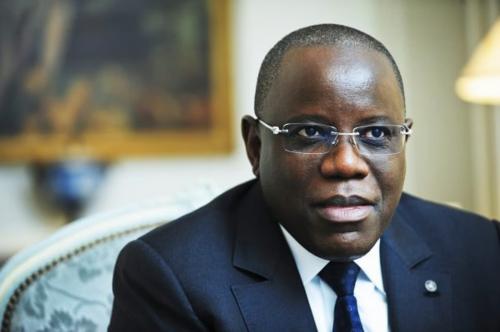20 April 2015 :
Sixty-ninth session
Resolution 69/186
Adopted in New York on 18 December 2014 with 117 votes in favor, 38 against and 34 abstentions Moratorium on the use of the death penalty Reaffirming the Universal Declaration of Human Rights, the International Covenant on Civil and Political Rights and the Convention on the Rights of the Child, 1.Expresses its deep concern about the continued application of the death penalty; 2.Welcomes the report of the Secretary-General on the implementation of resolution 67/176 and the recommendations contained therein; 3.Also welcomes the steps taken by some States to reduce the number of offences for which the death penalty may be imposed, as well as steps taken to limit its application; (a) To respect international standards that provide safeguards guaranteeing protection of the rights of those facing the death penalty, in particular the minimum standards, as set out in the annex to Economic and Social Council resolution 1984/50 of 25 May 1984, as well as to provide the Secretary-General with information in this regard; (b) To comply with their obligations under article 36 of the 1963 Vienna Convention on Consular Relations, particularly the right to receive information on consular assistance within the context of a legal procedure; (c) To make available relevant information, disaggregated by applicable criteria, with regard to their use of the death penalty, inter alia, the number of persons sentenced to death, the number of persons on death row and the number of executions carried out, which can contribute to possible informed and transparent national and international debates, including on the obligations of States pertaining to the use of the death penalty; (d) To progressively restrict the use of the death penalty and not to impose capital punishment for offences committed by persons below 18 years of age, on pregnant women or on persons with mental or intellectual disabilities; (e) To reduce the number of offences for which the death penalty may be imposed; (f) To establish a moratorium on executions with a view to abolishing the death penalty; 6. Calls upon States which have abolished the death penalty not to reintroduce it, and encourages them to share their experience in this regard; 7. Calls upon States that have not yet done so to consider acceding to or ratifying the Second Optional Protocol to the International Covenant on Civil and Political Rights, aiming at the abolition of the death penalty; 8. Requests the Secretary-General to report to the General Assembly at its seventy-first session on the implementation of the present resolution; 9. Decides to continue consideration of the matter at its seventy-first session under the item entitled “Promotion and protection of human rights”.
The General Assembly
Welcoming all relevant decisions and resolutions of the Human Rights Council,








